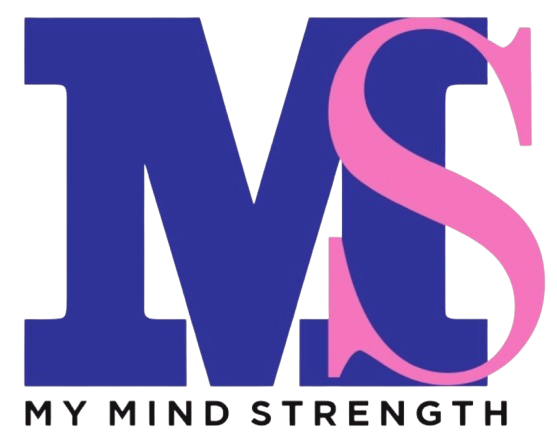
Why We Say “No”
The Power of “No”: Understanding the Reluctance to Say “Yes”
We’ve all encountered them – the people who seem to have “NO” permanently etched onto their foreheads. “Want to grab coffee?” No. “Interested in this new project?” No. “Fancy trying this delicious-looking ice cream?” No. It can be frustrating, even a little disheartening. But have you ever stopped to consider the reasons behind this constant negativity?
Sometimes, it’s simply a habit. A default response ingrained over time. Perhaps they’re incredibly busy, or maybe they’ve been burned by saying “yes” too often in the past.
More often, however, there’s a deeper reason. Many people are inherently risk-averse. Saying “yes” means stepping outside their comfort zone, opening themselves up to potential disappointment, failure, or even just the unknown. It can feel safer and easier to just say “no.”

Lack of trust can also be a major factor. If someone has been repeatedly let down or taken advantage of, they may develop a protective barrier of negativity. Saying “no” becomes a shield, preventing them from being hurt or disappointed again.
But constantly saying “no” can be detrimental. It can limit personal growth, hinder relationships, and shut down exciting opportunities. So how can we break free from this negativity?
It starts with introspection. Reflect on your own reasons for saying “no.” Are they valid? Are you holding yourself back out of fear or past experiences? Once you understand the root cause, you can start to challenge those negative thought patterns.
Next, practice consciously saying “yes” to small things. Accept that coffee invitation. Volunteer for that new project. Gradually, you’ll build confidence and realize that saying “yes” can open doors to amazing experiences.
Life is a balance. It’s important to be discerning and set boundaries. But don’t let the fear of “yes” keep you trapped in a cycle of “no.”
Discover more from mindstrengthorg.in
Subscribe to get the latest posts sent to your email.

Twinkle, Twinkle: Why Holiday Lights Are.
Discover the calming magic of holiday lights and how they can bring joy and wonder to.
Read More
The Physical Symbols of Anxiety: Listening.
Recognize the Signs and Take Control of Your Mental Well-being Anxiety often manifests itself through a.
Read More
